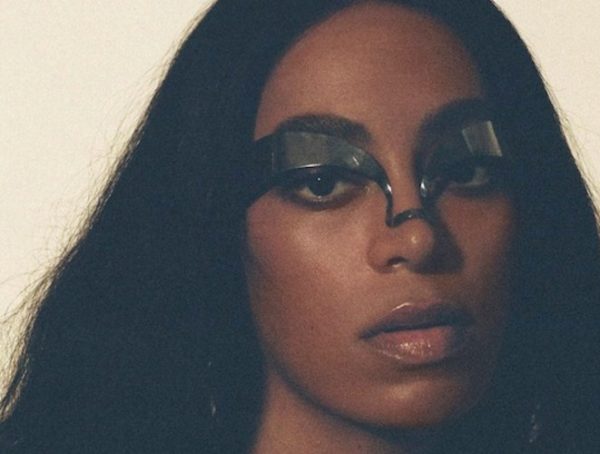Social justice is a hot-button issue in the United States. While the concept of ensuring equitable treatment for all is nothing new, there seems to be a renewed interest in doing so. This could have been encouraged by the current political climate in the United States under the Trump administration, but some might argue that the election of President Obama was the real catalyst for the resurgence of divisive rhetoric across the country.
Regardless of where it began, the fact remains that the relationships between people of different ethnic backgrounds are more strained now than they have been in a long time. Just as was true with the generation that lived through the Civil Rights movement of the 1960’s however, the movement for change is alive and well with young people, both Millennials and Generation Z.
With this in mind, it should come as no surprise that universities are once again becoming a focal point for politicians and thought leaders. With midterm elections on the horizon, the votes of young people, especially those of color, will be deciding factors who occupy the offices that help to shape legislation both locally and federally. Young leaders on campus are creating organizations to highlight the injustices in their neighborhood and abroad, speaking up for what they believe is right and encouraging those around them to care as well.
This idea was the driving force behind the organization of a conversation on social justice and race at the University of Houston, featuring two of the most preeminent voices, Angela Davis and Jane Elliott.
“Race and privilege are social constructs at the core of so many issues we face in today’s society, including racial divide, police brutality, and structural racism,” said Naiyolis Palomo, one of the events co-organizers.
“We need to come together as a community to foster equity, empowerment and social justice,” said Shanquela Williams, a co-organizer who recently graduated from the Graduate College of Social Work at UH. “With these two powerful women on the stage together, we can open a dialogue and create a plan moving forward.”
They couldn’t have picked a better pair to carry the talk.
Davis, a self-described scholar, educator, and activist currently serves as a Distinguished Professor Emerita in the Feminist Studies Department at the University of California, Santa Cruz, and as a Distinguished Visiting Professor at Syracuse University. She rose to notoriety in the 1960s for her work as a counterculture activist and member of the Communist Party (of which she is no longer affiliated.) She was also notably and briefly a member of the Black Panther Party during the Civil Rights Movement.
Elliott, an educator, lecturer and diversity trainer, rose to prominence after her “Blue Eyes/Brown Eyes” exercise, a response to Dr. Martin Luther King’s assassination, was publicized and popularized. The exercise was controversial, but also sparked conversations that weren’t being had, opening the eyes of many who may have turned a blind eye to discrimination, had they not experienced it themselves.
Held in the Cullen Auditorium on the University of Houston campus, the talk reached capacity just three days after the event was made public. Hundreds of people stood waiting for the opportunity to get in and hear from the luminaries in person. They did not disappoint.
Over the course of about 90 minutes, the women discussed everything from privilege to the prison industrial complex. The main themes of the conversation were centered around unity.
“We have to learn how to think in terms of changing these oppressive apparatuses,” Davis said. “We have to see ourselves as a community of resistance, a community in the struggle, who are like-minded and committed to engaging in the conversations around ending racism.”
The audience was encouraged more than anything else, to act and to stop waiting for anyone, including elected officials, to make a change. The idea was that ending racism starts with the individual. Davis also encouraged Black people to stand in solidarity with those from the Latinx communities who are disproportionately affected by xenophobia and the immigration laws in the U.S.
“What can black people do to support the struggle to defend the immigrants,” she asked. “It’s absolutely racist to assume that citizenship is related to documents. Especially now in this climate, we all have to stand up and support the undocumented immigrants.”
This drew a rousing applause from the audience, especially from a number of student groups who had come to show support.
“Turn off the television,” Elliot implored. “Pick up a book. Reach out to someone who doesn’t look like you and learn as much as possible from them. And white people, do not go up to a black person and say, what’s it like to be black?”
You can watch the entire conversation for yourself, here.
photo via University of Houston
You might also like
More from People
Famed director John Singleton to be taken off of life support
Filmmaker John Singleton, known for directing “Boyz n the Hood,” will be taken off life support Monday after spending days …
Rapper & Activist Nipsey Hussle honored at Memorial Service in Los Angeles
Nearly two weeks after he was brutally murdered in the parking lot of the strip center he owned in his …
Black Detectives Win $700K settlement in suit against NYPD
Three black detectives who said they were discriminated against in the NYPD’s elite Intel Division have received a $700,000 settlement. The …
















